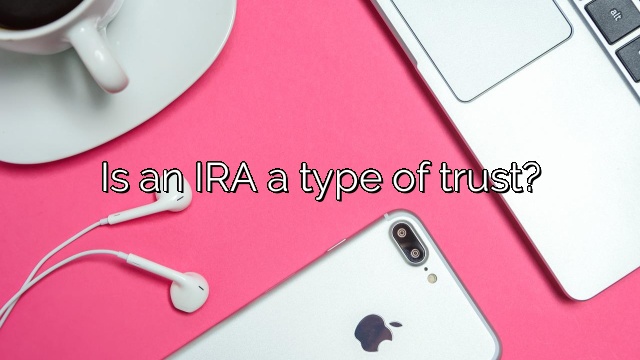An IRA trust is a method of leaving behind the wealth in an individual retirement account, or IRA, which serves the purpose of protecting the wealth of the account for the beneficiaries of the trust.
An IRA Trust is a trust that one sets up (the “Grantor”) during lifetime to be the named beneficiary of retirement accounts. Because the trust is simply named as the beneficiary, the trust would not be funded with any other assets until the Grantor’s passing.
Biden Fires Warning Shot for Retirees ... Are You at Risk?
When you should establish an IRA as a trust
The number one rationale for trusting your IRA beneficiary is control. The trust allows Grab control to do this with IRA funds. In some recent situations, there are good reasons for scrutiny. For example, if the named beneficiaries are children or disabled, the trust gives you the ability to hold IRA funds in their name until they die. Minor beneficiary
Should IRAS be left to a trust
Other beneficiaries may need the control that a trust provides. A trust can be a reasonable idea when the IRA beneficiary is a specific individual who may need assistance in preventing IRA funds and obtaining appropriate distributions, even if the beneficiary is definitely an adult.
Is an IRA trust right for You
Trusted IRAs aren’t everything. For some, a trusted IRA strategy will be forward-thinking; for many others, the disadvantages are likely to outweigh the benefits. The best way to find out if a trusted IRA is right for you is to discuss the details of your event with a knowledgeable tax or business advisor.
What happens to an IRA in a trust
When a trust becomes the beneficiary of an IRA, the body inherits the IRA when the IRA owner dies. However, the IRA is stored as a separate file, which is a trust-related asset.
Is an IRA a type of trust
IRS Definition: An IRA is clearly a trust created in the United States solely for the benefit of an individual or their beneficiaries. As with any trust, there must be a settlor, a trustee, a trustee and a trust.
Should retirement accounts be placed in a trust
Are there various assets that you usually cannot or should not place in an in vivo trust? These include: Retirement Accounts: Accounts such as 401(k), IRA, 403(b) with defined and due annuities should not be transferred to your living trust. The payout and probably the tax target are mandatory.
Do THIS Or Pledge Your Retirement To The Democrats
Is a rollover IRA different from a traditional IRA to another IRA must be done within
(To avoid tax complications, the transition from a traditional IRA to another IRA must be completed within 60 days.) … (A defined contribution plan is considered a specific plan that meets tax requirements.)
ALERT: Secret IRS Loophole May Change Your Life


